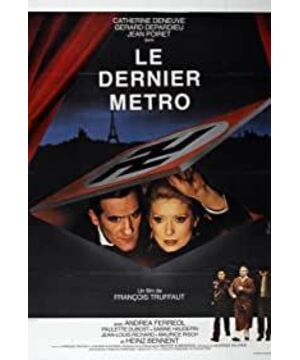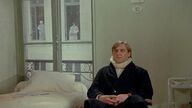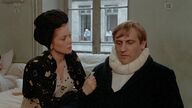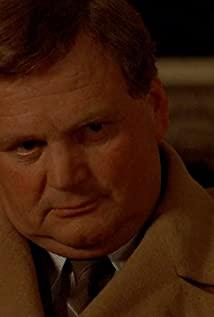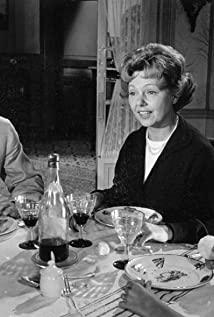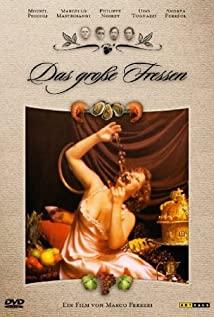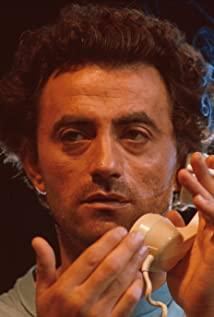"The Last Subway" is still attracted by its name. Subway, a very beautiful prop for making romantic love stories, the shuttle crowd, the magical encounter of the hero and heroine. But right from the start, I realized I was wrong. The red background of the blockbuster is accompanied by the names of the main creators. It turns out that it is a film from 80 years. At the beginning of the introduction, I thought it was about the story that happened on the subway during World War II, but it was still wrong. It turned out to be borrowed from the scene at that time to give the film the name: During World War II, the French, in addition to taking the last subway to go home before 11 o'clock in the evening under the strict surveillance of Germany, the most important thing also includes watching the play. The two related elements have the movie's name.
The French seem to be born with a romantic cell, even during the worst of World War II. Large areas of the country are under German occupation, but they still go to the theater on weekends to see works created in special times. French, a group of people born for art.
At the beginning of the film, Granger is having sex with a theater actor. Then a child was touched on the head by a German soldier, but his mother said, hurry home with me, which shows the tension in the whole country at that time. The rehearsal scene of the theater appeared at this time, and the story that happened here was told for the next nearly 70 minutes.
Stein was the owner of the theater, but we were in that way of thinking from the beginning because of the German occupation and leaving France. I really like the order in which the characters arranged by the director appear one by one, pull them in when needed, and often use push shots as if the story is about to develop, which is not far-fetched at all. Marcion, Stein's wife, became the owner of the theater and rehearsed scripts left by her husband. Granger is the protagonist. At the beginning, I thought that there would be a story between them, but the object of Granger's charm was not Marcion, but an actor in this theater, and he continued to tease her after arriving here. Marcion, apart from rehearsals, didn't have any extra words with Granger. Everything makes people think that there will be no interesting story between them, and the director has given us a trap.
Stein actually lived in the cellar of the theater. When Marcion came in for the first time, he didn't understand what it meant, but he gradually understood it later. Stein lives in the cellar. Every day I listen to my wife tell me about the progress of the rehearsal. He later dug a hole in a corner of the stage, with a pipe leading to the cellar, so he could see what the rehearsal was going on. One time during a rehearsal, the camera was given to Stein, and the inner day of the rehearsal was, Granger said to Marcion, "You are so cute that makes my heart hurt", "Love can make people happy or painful", understand maybe The director is telling us how the story ends.
A lengthy film that tells a story slowly. Truffaut's genius found a small entry point to reflect on the lives of ordinary French people and their love during World War II. Catherine De Nolin's beautiful face always catches people's eyes, but there seem to be not many spiritual people in the whole film, but they like the theater manager Raymond and the lovely child who grows fireworks.
Raymond, fat, lived a very humorous life. Said to the Nazi officer that it was a hook, someone took one and said it was two hooks. Very diligent in front of the theater busy. That last shot, riding a bicycle to generate electricity, to keep the electricity supply to the theater, so that the theater can survive the tough times. That child, I don't understand the director's intention, is it to increase the vitality of the film, but it's really cute. The characters in that play also acted wonderfully.
The final curtain call is also quite creative and integrated into a part of a play.
I think it's the worst thing to write, hehe, I just want to write something.
View more about The Last Metro reviews


